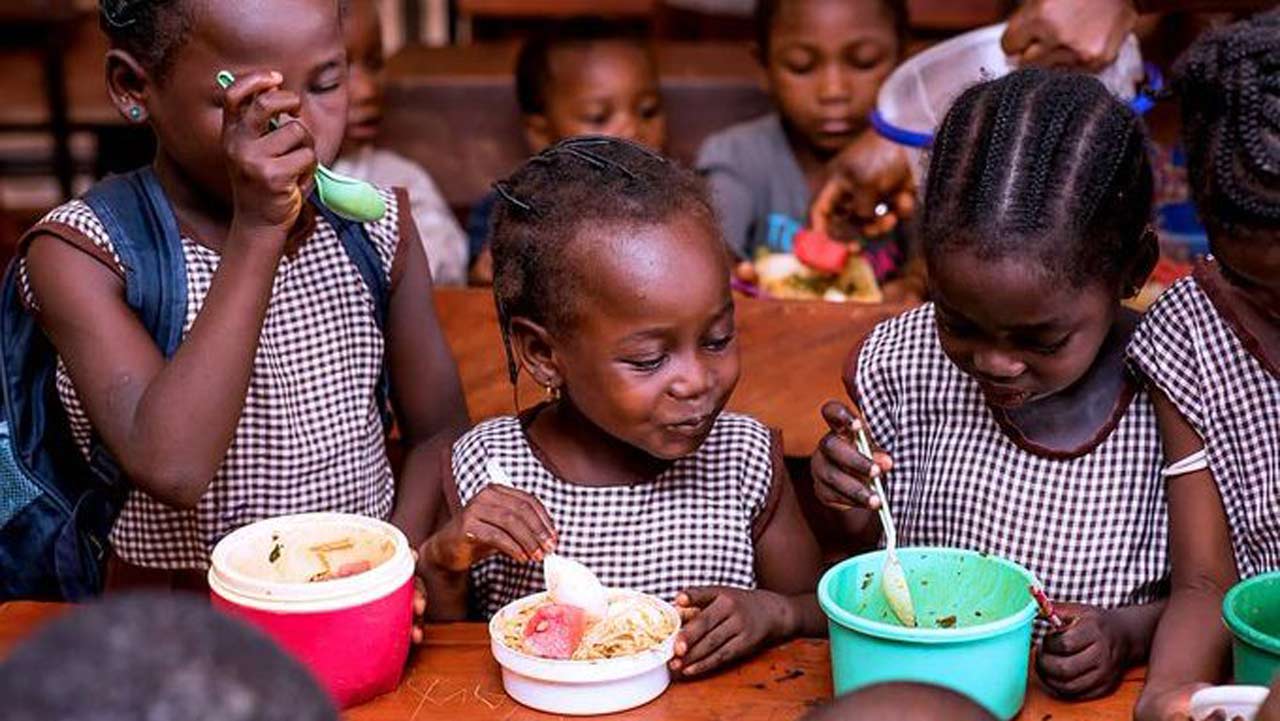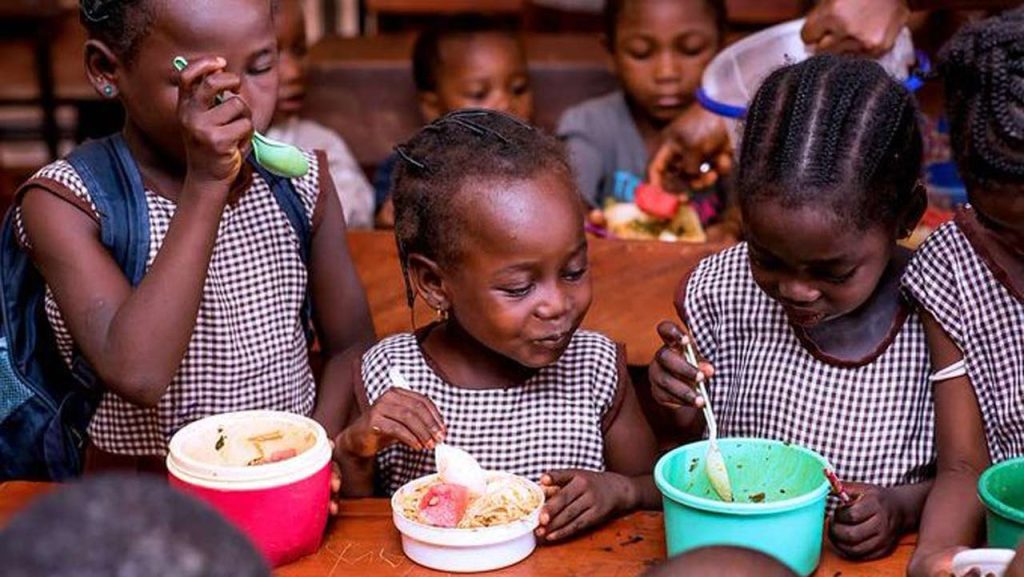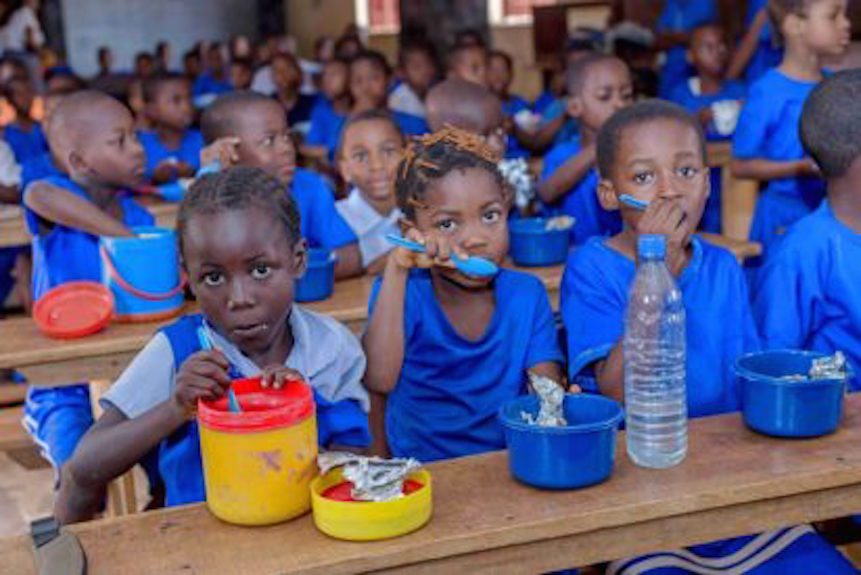FG needs N1 trillion annually for school feeding


The federal government announced on Thursday that it will need about N1 trillion each year to run the school feeding programme.
This was disclosed by the Minister of State for Humanitarian Affairs and Poverty Reduction, Dr. Tanko Sununu, during a stakeholders’ meeting focused on reviving and expanding the Renewed-Hope National Home-Grown School Feeding Programme (RH-NHGSFP) held in Abuja.
In a statement released by Attari Hope, who is the Head of Communication and Public Relations for the National Social Investment Programme Agency (NSIPA), the minister stressed the importance of significant financial backing, explaining that nearly N900 billion to N1 trillion would be required each year to provide healthy meals for pupils in grades 1 to 3, with a goal of serving three meals weekly.
He pointed out the necessity of partnership, noting that while the federal government provides some funding, other sources of finance would be essential for the programme to succeed.
Responding during the meeting, the National Coordinator and CEO of NSIPA, Dr. Badamasi Lawal, identified possible funding channels such as presidential assistance, donations and grants from global partners and stakeholders, and 5 per cent of reclaimed repatriated funds.
Dr. Badamasi stated, “As stakeholders, your technical expertise, strategic insights, and financial support are invaluable. Through this engagement, we aim to identify collaborative pathways that will strengthen and sustain the programme’s goals in alignment with the Sustainable Development Goals—particularly in eradicating hunger, ensuring quality education, and alleviating poverty.”
He clarified that the RH-NHGSFP is part of President Bola Tinubu’s Renewed Hope Agenda, which aims to solve national issues through inclusive and people-focused initiatives.
“Through this programme, we will tackle malnutrition, improve school attendance, empower smallholder farmers, and stimulate local economies—one nutritious meal at a time.”
He further noted that the upgraded version of the programme would deliver better outcomes in terms of effectiveness, fairness, openness, and measurable results.
“We hope that it will not only serve as a national success story but also as a model for other countries seeking sustainable school feeding systems.”









